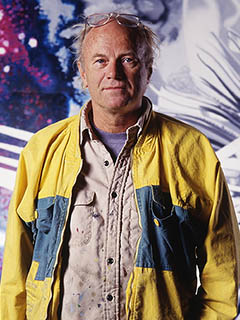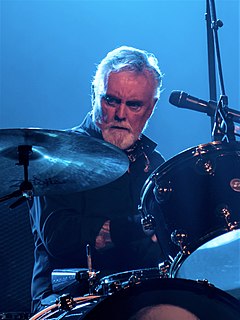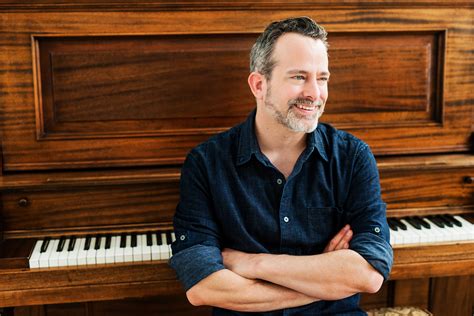A Quote by Guy Maddin
You also convert real memories, whatever that means, into film versions of those memories. Because by the time you've finished the project you can't remember the real memories anymore, you just remember the film versions of them. And then if the film failed you have distaste for them. So I don't think about that stuff anymore.
Related Quotes
You have your wonderful memories," people said later, as if memories were solace. Memories are not. Memories are by definition of times past, things gone. Memories are the Westlake uniforms in the closet, the faded and cracked photographs, the invitations to the weddings of the people who are no longer married, the mass cards from the funerals of the people whose faces you no longer remember. Memories are what you no longer want to remember.
We comfort ourselves by reliving memories of protection. Something closed must retain our memories, while leaving them their original value as images. Memories of the outside world will never have the same tonality as those of home and, by recalling these memories, we add to our store of dreams; we are never real historians, but always near poets, and our emotion is perhaps nothing but an expression of a poetry that was lost.
In our memories, there is a graveyard where we bury our dead. They all lie there together, the loved ones and the ones we hated, friends and foes and kin, with no distinction among them. We have to mourn every one of them, because our memories have made them as much a part of us as our bones or our skin. If we don't, we've no right to remember anything at all.
I've stopped going to see art films because every critic gives them four stars and say things like 'masterpiece,' 'spellbinding' and 'mesmerizing.' I mean, they're doing that with my film, but I don't want to use those blurbs. Critical reviews aren't worth too much anymore because just about every film can get one or two of them.
We actually needed the memory - if you see the film - as a very different kind of a plot device of revealing some information to our main character. So we chose to represent it as these sort of beautiful little snow globes, which kind of, weirdly, that's the way we think of memories - at least, most of the folks that we talked to. You think of these memories as being very pure and absolute and unchanging. That's not actually real life.
Doubting what you see is a very odd experience. And doubting what you remember is a little less odd than doubting what you see. But it's also a pretty odd experience, because some memories come with a very compelling sense of truth about them, and that happens to be the case even for memories that are not true.
One of the earliest memories I have of feeling the power of film music was watching Willy Wonka & the Chocolate Factory. That was a really clear epiphany for me, when I realized that each film has its own music, and that there was someone out there who wrote this very specific music for just this one film.
Photography has definitely been my favorite way to remember things. At least for me that’s how my brain processes things, of memories or moments - if I take a picture of it I can remember so many more details. I think it’s about choosing the exact picture in my head that signifies or symbolizes a moment - almost as if you’re using film. It’s almost archaic.






































